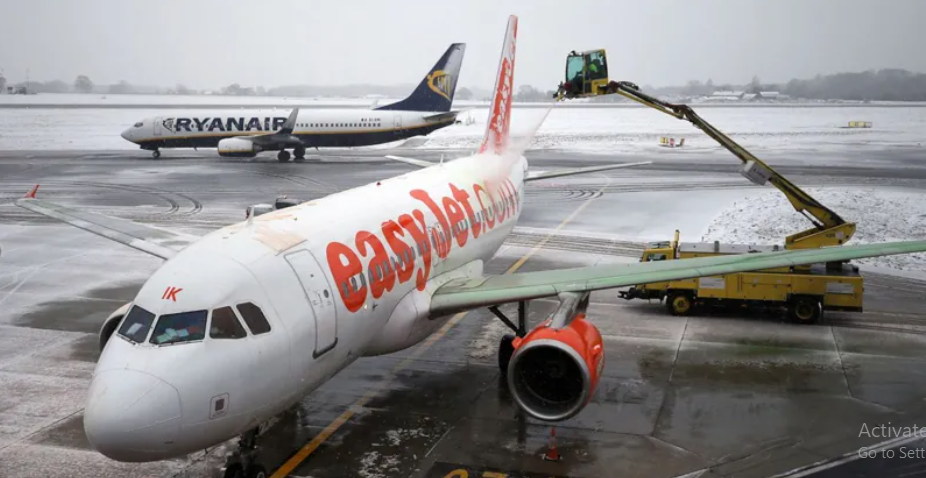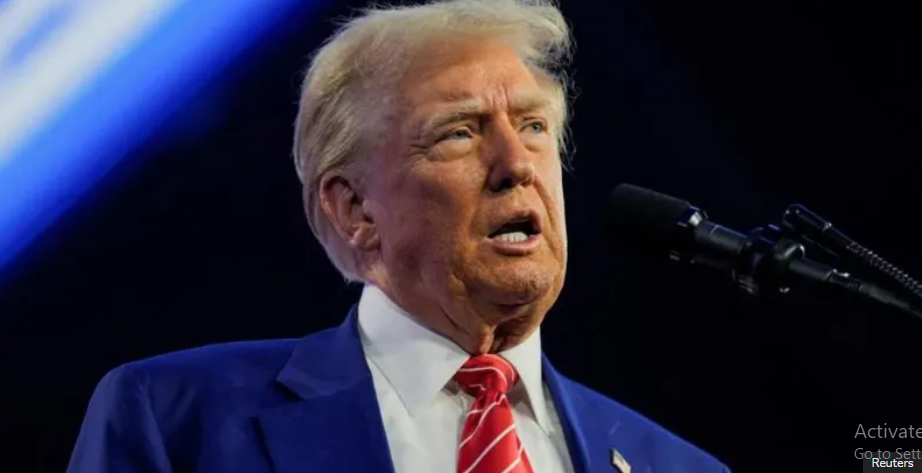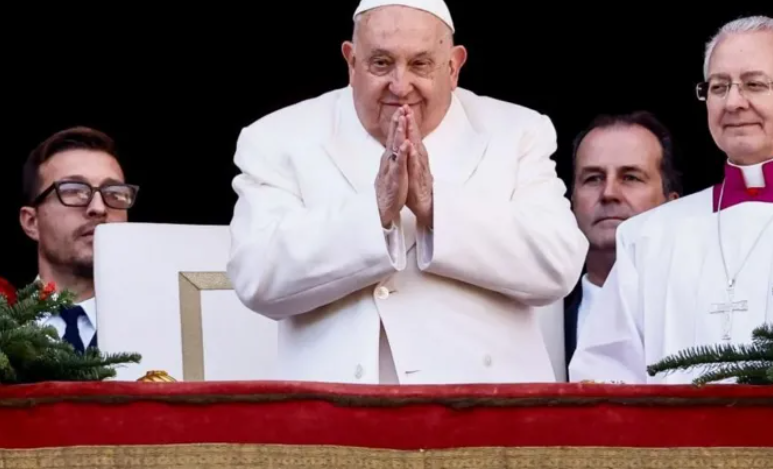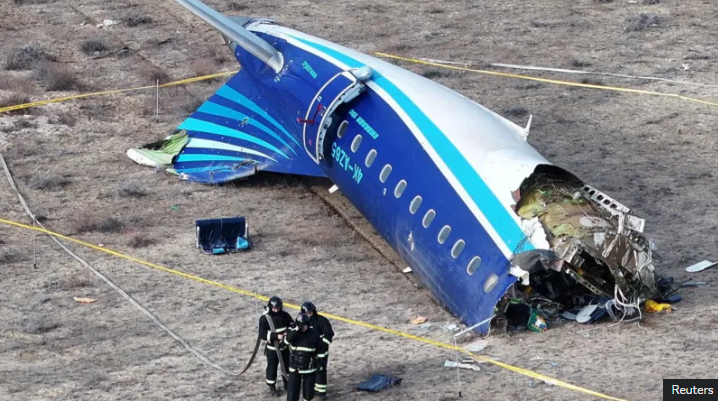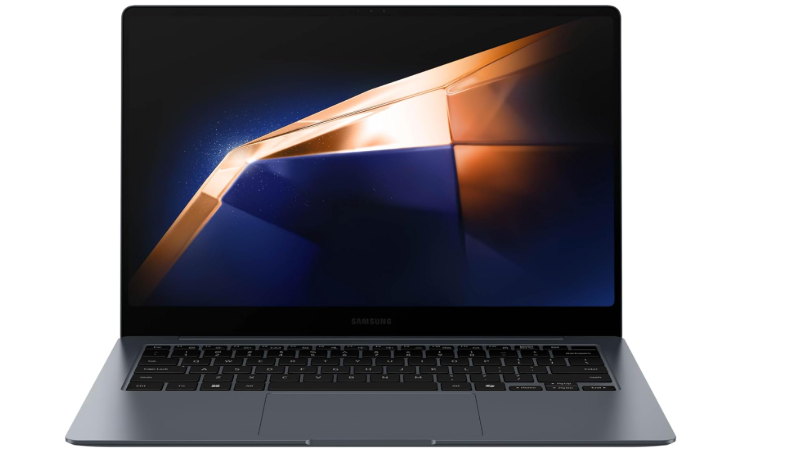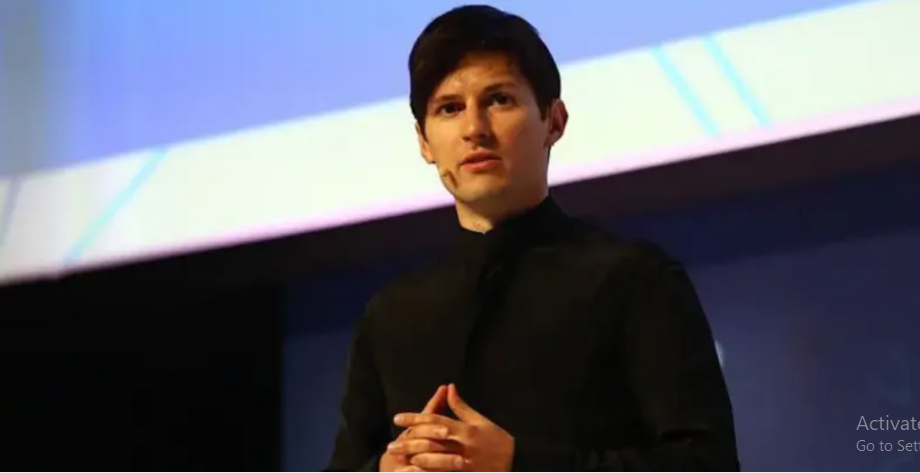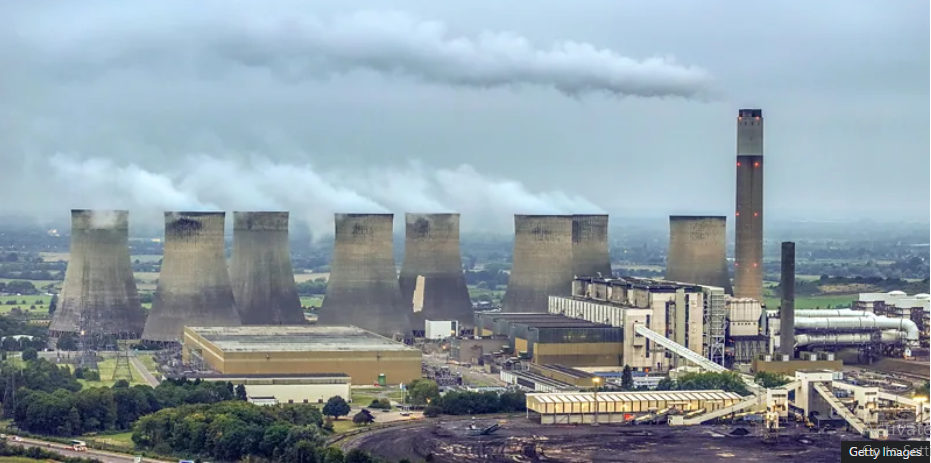Hong Kong saw explosive pro-democracy protests in the last decade – but hopes for a freer city have faded in the wake of Beijing’s crackdown
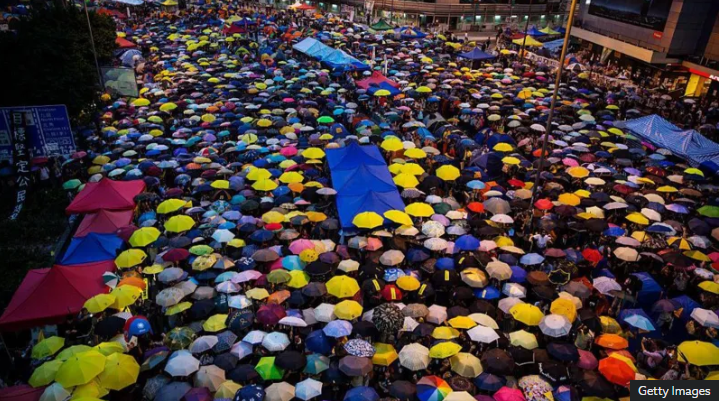
Memories of Resistance: A Reflection on Hong Kong’s Transformative Decade
Kenneth walks through Hong Kong’s Victoria Park, a site that once epitomized the city’s fight for democracy, now transformed into a quieter, less defiant space. For Kenneth, the park holds vivid memories of his political awakening: buying calligraphy posters from pro-democracy politicians, joining protest marches, and attending the once-massive Tiananmen vigil—a rare act of open defiance against Beijing. Today, those echoes of dissent have been stifled, leaving Kenneth feeling as though both his personal and Hong Kong’s political identities are being erased.
“Life goes on, but you can feel the change,” he says. “Our city’s character is disappearing.”
A City Transformed
On the surface, Hong Kong seems unchanged: trams rattle through bustling streets, neon signs illuminate the night. But beneath this veneer, a different city emerges. Skyscrapers now project pro-Beijing slogans, and Mandarin increasingly mingles with the city’s native Cantonese. While it’s hard to measure public sentiment among Hong Kong’s 7 million residents, the erosion of freedoms is undeniable. Protests have been quashed, activists jailed, and a sweeping National Security Law (NSL) has forced many, like Kenneth, into silence—or exile.
The Birth of a Movement
Hong Kong’s current state is a stark contrast to the hopeful energy of 2014, when the Umbrella Movement began. Tens of thousands demanded universal suffrage, propelled by figures like Joshua Wong and Benny Tai. While the movement failed to secure democratic elections, it laid the groundwork for the even larger 2019 protests, triggered by Beijing’s controversial extradition bill.
“Benny Tai was the architect of Occupy Central,” recalls Chan Kin-man, a co-founder of the movement. “He had the courage to think big and push for change.” Today, Tai is serving a decade-long sentence for subversion, alongside other prominent activists. Chan and fellow co-founder Reverend Chu Yiu-ming now live in exile.
Trials and Defiance
The crackdown has been unrelenting. In November, Tai and 40 other activists were sentenced under the NSL. Billionaire Jimmy Lai, once a vocal critic of Beijing, faces a similar fate. Lai’s defunct Apple Daily had championed free speech, a principle he defended in court: “Democracy and freedom of speech are values of Hong Kong’s people.”
Protests outside the courtroom are fleeting and heavily policed, a sharp contrast to the mass demonstrations of the past. Beijing defends the NSL as a stabilizing measure, dismissing criticism from the West.
Fading Freedoms
Critics argue that Beijing has reneged on the “one country, two systems” promise made in 1997, when Hong Kong was handed back to China. While Beijing claims to have restored order, many Hongkongers mourn the loss of freedoms that once defined their city.
For those who remember a freer Hong Kong, like Kenneth, the challenge now is to preserve the memory of what was—while grappling with what is being lost.





